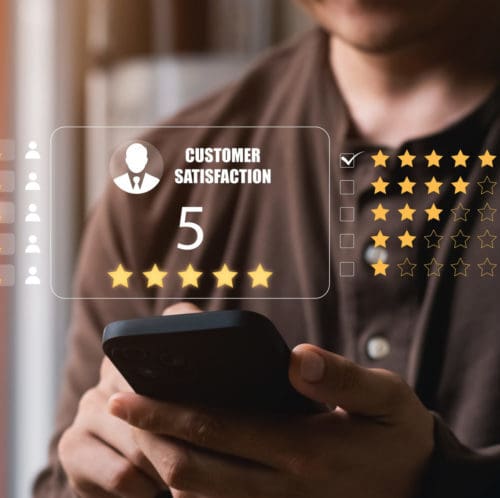According to Salesforce, 87% of marketers say their work provides greater value now than it did a year ago.
The eighth annual State of Marketing report, produced by our partners at Salesforce, brings together insights from marketing leaders worldwide to reveal how they’re driving value and delivering exceptional customer experience in a rapidly evolving landscape. Based on a survey of 6,000 marketing managers, directors, VPs, and CMOs across 35 countries, the report explores how marketers are prioritising their efforts in the face of uncertainty and innovating to meet changing customer needs.
Here at redk, we’ve summarised the highlights of this in-depth report in a series of three blog posts. This week, part one:
‘Using innovative channels and tactics to drive value and engage customers’
Driving value: the top priorities and challenges for marketers
While today’s marketers have more tools, technology, and data at their disposal than ever before, the current economic climate poses challenges for both businesses and customers. However, marketers are rising to these challenges by focusing on innovation, new marketing strategies, and building trust.
91% of CMOs surveyed by Salesforce said that they must continually innovate to remain competitive.
In these uncertain times, marketers are aiming to get the most out of their investments. The use of tools and technologies is ranked as both a top challenge and a top priority for improvement while experimenting with new marketing strategies and tactics is their second-highest priority.
As customers navigate a fast-changing world, trust – an issue highlighted in an earlier Salesforce report – is an ongoing challenge. Marketers list building and retaining trust with customers, as well as balancing personalisation with customer comfort levels and privacy concerns, among their top five priorities.
Doing more with less: strategic investments with finite resources
In a time of economic instability, marketers are faced with hard choices about their budgets and resources. Inflation and supply chain issues have taken their toll, while staff recruitment and retention is an additional challenge – 71% of marketers say that it’s harder to retain employees than it was a year ago.
The largest part of global marketing budgets is taken up by advertising, with B2B marketers now allocating an average of 15% of their budget to account-based marketing (ABM). We can see that the value of personalised messaging and engagement has spread from B2C to B2B strategies.
New strategies for the ‘new normal’
In response to the changes brought about by the global pandemic, marketers have seized opportunities for expansion. They’ve adopted a range of strategies, including targeting new customer segments, investing in digital-first experiences, and hosting virtual and hybrid events.
38% of marketers report having invested in collaboration technologies since the pandemic, with 70% viewing this change as permanent.
66% of the marketers who had expanded their geographical targets or their product offerings considered the change permanent. And 70% of those who invested in their process and workflow automation saw this as a long-term strategy to boost productivity and efficiency.
New channels and tactics: video and streaming take the lead, while email remains dominant
As data-driven insights are now a mission-critical component of the digital enterprise, marketers are increasingly investing in tools and technologies to capture and unify data. 90% reported using a CRM system, while 89% had invested in an ABM platform and 62% in artificial intelligence.
Television and direct-to-consumer streaming services saw the largest growth rate in marketing adoption over the past year, with an increase of 27%. Video remains an important marketing tactic, with both pre-produced and live stream video increasing in use.
According to Salesforce Marketing Cloud product data, email use has increased year on year, accounting for 80% of all outbound messaging
While marketers are incorporating more push and mobile messaging, email is still the dominant marketing channel – the number of outbound emails increased by 15% last year. And it remains one of the preferred channels for customers to communicate with brands.
Customer experience is still a key differentiator
Customers now expect companies to understand their unique needs and expectations. Indeed, 71% of marketers report that meeting those expectations is more difficult than a year ago – and they’re striving to respond to this by delivering exceptional customer experiences.
83% of marketers are using dynamic customer insights to adapt their strategies and optimise the impact of each interaction.
High-performing marketers – those who report being completely satisfied with their overall marketing performance and the outcomes of their investments – say that customer experience is a key competitive differentiator. And 86% of them say they make use of actionable data by engaging customers in real-time. Actionable data is proving its worth beyond any doubt.
Here at redk, we have over 15 years of experience in digital transformation, working with our expert partners to advise on and implement the best technical solutions for your business. Get in touch today to find out how we can help you stay ahead of the crowd by delivering a first-class customer experience.











